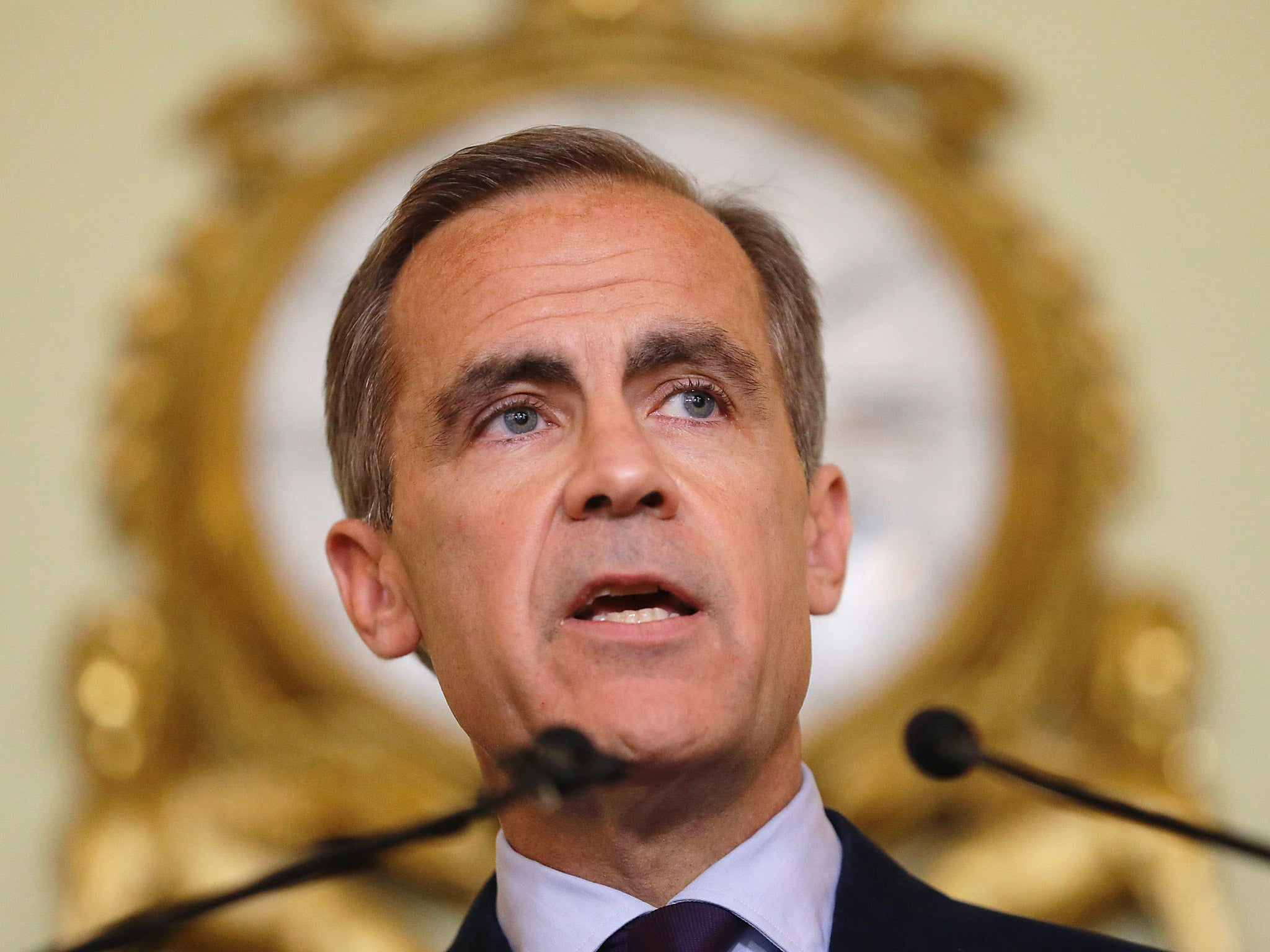The Governor of the Bank of England, Mark Carney, has accused critics of the Bank's low interest rates of avoiding “hard truths” about the state of the economy in the wake of the global financial crisis.
There has been a chorus of complaints about the Bank's monetary policy in recent months with political figures including the Prime Minister, Theresa May, complaining that low interest rates have worsened inequality, penalised savers, undermined company pension schemes and damaged the overall economy.
But giving a speech in Liverpool Mr Carney pushed back firmly on all fronts.
On inequality he said that it was wrong to argue that savers had been unfairly hit by low rates because the Bank's monetary policies since 2009 had lifted all asset prices, from house prices to stocks and shares.
“The thrifty saver and the rich asset holder are often one and the same," he said, pointing to Office for National Statistics survey data showing that only 2 per cent of households have bank deposits worth more than £5,000 while also having no other significant financial assets and no house.
“Has monetary policy robbed savers to pay borrowers? Has the MPC [Monetary Policy Committee] been Robin Hood in reverse? In a word, no”.
On the spiralling accounting value of defined benefit company pension scheme deficits – which have increased as interest rates have fallen – Mr Carney said this more to do with the desire of institutional investors (including pension scheme managers) for safe assets, than the decisions of central bankers.
“Since pensions are future claims on the economy, there isn't a parallel universe of higher interest rates, higher growth and equity prices, and lower pension deficits,” he said. “That is, there isn’t without real structrual reforms [by politicians]. Blaming monetary policy avoids these hard truths,” he said.
The Bank has been accused by Brexiteers of panicking by cutting rates to 0.25 per cent in the wake of the June referendum result and undermining confidence in financial markets.
But Mr Carney highlighted Bank forecasting models which suggest a failure to act would have seen unemployment higher by 250,000 and a 4 per cent hit to real wages.
The Governor acknowledged the economy was stronger than the Bank expected in the wake of the Brexit vote but he also warned that growth was increasingly led by consumption and a falling household savings rate.
“Evidence from the past quarter century across a range of countries suggests episodes of consumption-led growth tends to be both slower and less durable,” he said.
“This is because consumption growth eventually outpaces earnings growth, increasing debt and making demand more sensitive to changes in employment and income”.
Growth is projected by the Bank to slow to 1.4 per cent in 2017, down from 2.2 per cent this year.
The Governor follows the Bank’s chief economist Andy Haldane, the deputy governor Ben Broadbent, and the external MPC member Gertjan Vlieghe, in pushing back against the Bank’s critics in recent weeks.
Supreme Court Brexit Challenge
Show all 13In an unusual foray into government policy territory, Mr Carney also criticised “stateless corporations” in his speech, joining in the criticisms of multinational companies that aggressively avoid corporation tax.
The Governor said that the G20 should consider requiring such firms to pay a minimum tax on reported earnings in one jurisidiction at least, an idea put forward by the former US Treasury Secretary, Larry Summers.
Another proposal from Mr Carney was that the G20 should pursue a global free trade for small companies to create “a more inclusive form of glonal commerce with the individual at its centre”.
Subscribe to Independent Premium to bookmark this article
Want to bookmark your favourite articles and stories to read or reference later? Start your Independent Premium subscription today.


Join our commenting forum
Join thought-provoking conversations, follow other Independent readers and see their replies